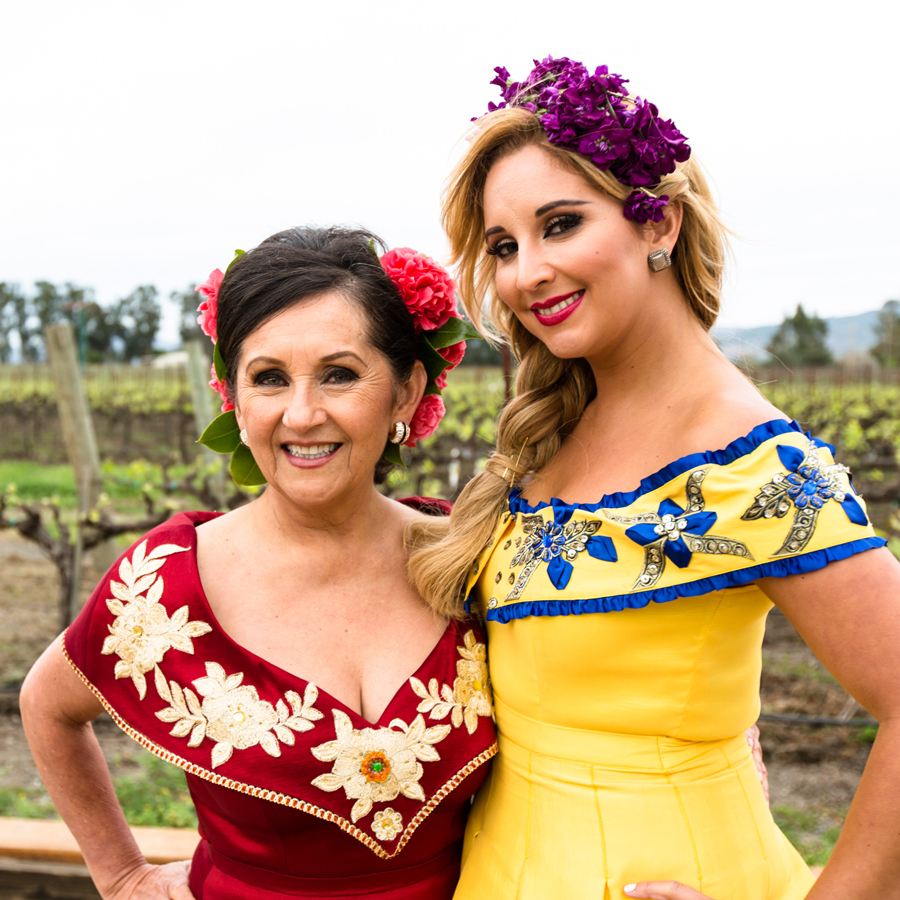
Dalia Ceja
San Francisco State (2008); Sonoma State (2014)
Dalia Ceja grew up in the wine industry, witnessing her parents overcome obstacles to establish Ceja Vineyards. She is now a third-generation Mexican-American shaping her family’s winery and breaking barriers with award-winning wines.
While she grew up in the wine industry, Ceja has great respect for her family’s humble beginnings. Her mother and father, both Mexican immigrant children of migrant agricultural workers, met in Napa Valley harvesting grapes. They eventually went on to purchase a vineyard and then created their own winery,
Ceja Vineyards in 1999—one of a handful of Latino family-owned wineries in California.
“My family broke barriers and beat the odds to go from farm workers picking grapes during harvest time, to vineyard owners, to winery owners within less than 50 years,” Ceja says. “This is my definition of the American Dream.”
Ceja now serves as the sales and marketing director for her family’s winery, where she drives demand for their products and builds brand recognition in the U.S and Latino markets. As the face of the next generation in the family business, Ceja is no stranger to strong women entrepreneurs. Her mother,
Amelia Morán Ceja, was the first Mexican-American woman to serve as president of a winery in the U.S. And in 2005, the California legislature recognized her as Woman of the Year for breaking that glass ceiling.
Ceja earned a bachelor's in marketing and communications from San Francisco State in 2008. After graduation she traveled through South America, where she further developed her passions for cooking, travel, wine and fashion. In 2009 she brought her expertise to the family business, expanding Ceja Winery’s presence on
social media and creating
cooking videos to showcase how their wines pair with authentic Mexican cuisine.
Like her mother, Ceja’s work didn’t go unnoticed. In 2011 Ceja was named Woman of the Year by the Napa Valley Hispanic Chamber of Commerce for her entrepreneurial leadership and charitable contributions.
Driven by her passion to further her parent’s business, Ceja went on to earn her
MBA in wine and marketing from
Sonoma State in 2014. “The MBA wine business program at SSU provided me the tools, education and confidence to hold my own and be a strong face and ambassador to not only the Ceja Vineyards brand, but for underprivileged and working-class Latinos, which is and will remain a continued focus of mine,” Ceja says.
“As a Latina millennial in the wine industry I wish to inspire other women and shine light on the unsung heroes:
Los campesinos, the farmworkers. Without them, there would be no wine industry, let alone any agricultural industry in the United States.”